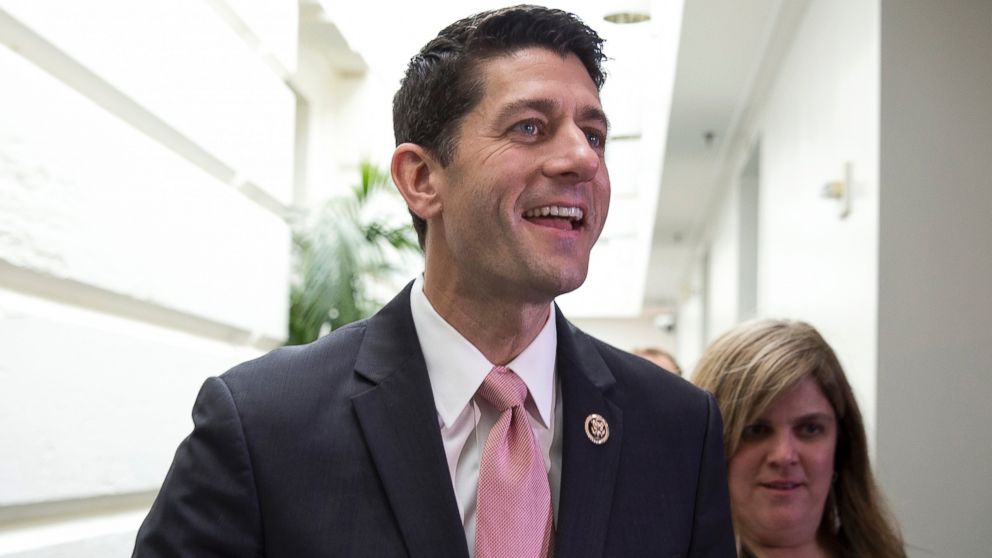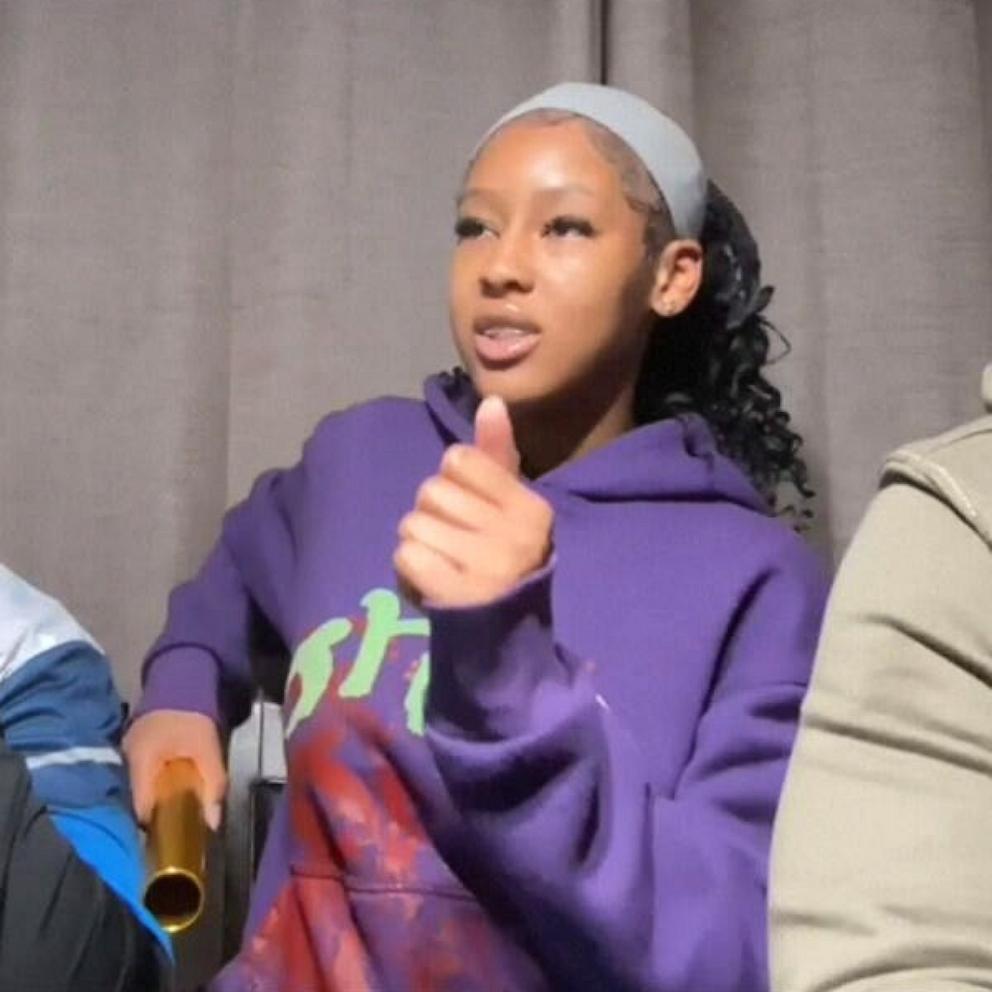Paul Ryan Nabs GOP Speaker Nomination, Promises 'New Day' for House
— -- Rep. Paul Ryan was chosen today by his House Republican colleagues as their nominee for the next Speaker of the House, a position he is expected to secure Thursday after a full House vote.
"This begins a new day in the House of Representatives," Ryan said after the conference vote.
The Wisconsin rep, who reluctantly plunged into the race, said he believes "the country is on the wrong track" and that House Republicans have an obligation "to give this country a better way forward."
Ryan received 200 votes in the GOP conference meeting. Rep. Daniel Webster, R-Florida, the only other GOP speaker candidate, received 43 votes, while House Majority Leader Kevin McCarthy, R-California, and Rep. Marsha Blackburn, R-Tennessee, each received one vote.
He needs 218 votes from the full House tomorrow to win the speaker's gavel. Supporters left the conference meeting Wednesday confident Ryan would surpass that threshold, given the commitments he's previously received.
House Speaker John Boehner, R-Ohio, gave Ryan another endorsement as he left the conference vote.
"He'll do great," he said.
The Wisconsin Republican has united most of the conference -- including Republican stalwarts -- around his pledge to run the House more openly and inclusively than outgoing Speaker John Boehner, R-Ohio.
Conservatives complained that under Boehner’s leadership, House Republicans did not do enough to confront President Obama over policy differences and argue the Ohio Republican had too much of a top-down management style.
With a new budget and debt limit deal likely to move in Congress this week, Ryan's ability to oversee his sometimes fractured party is expected to be easier than Boehner’s for the time being.
The budget deal essentially settles congressional budget work, which has consistently been the source of intra-party tensions, through early 2017, removing that headache from Ryan’s plate for the rest of this Congress.
Boehner announced his resignation from Congress in late September, under pressure from House conservatives who continually challenged his leadership.
After House Majority Leader Kevin McCarthy, R-California, dropped out of the race to replace Boehner, Republicans increasingly implored Ryan to consider replacing the Ohio Republican -- which he agreed to do after laying out conditions for service and receiving endorsements from all corners of his conference.




